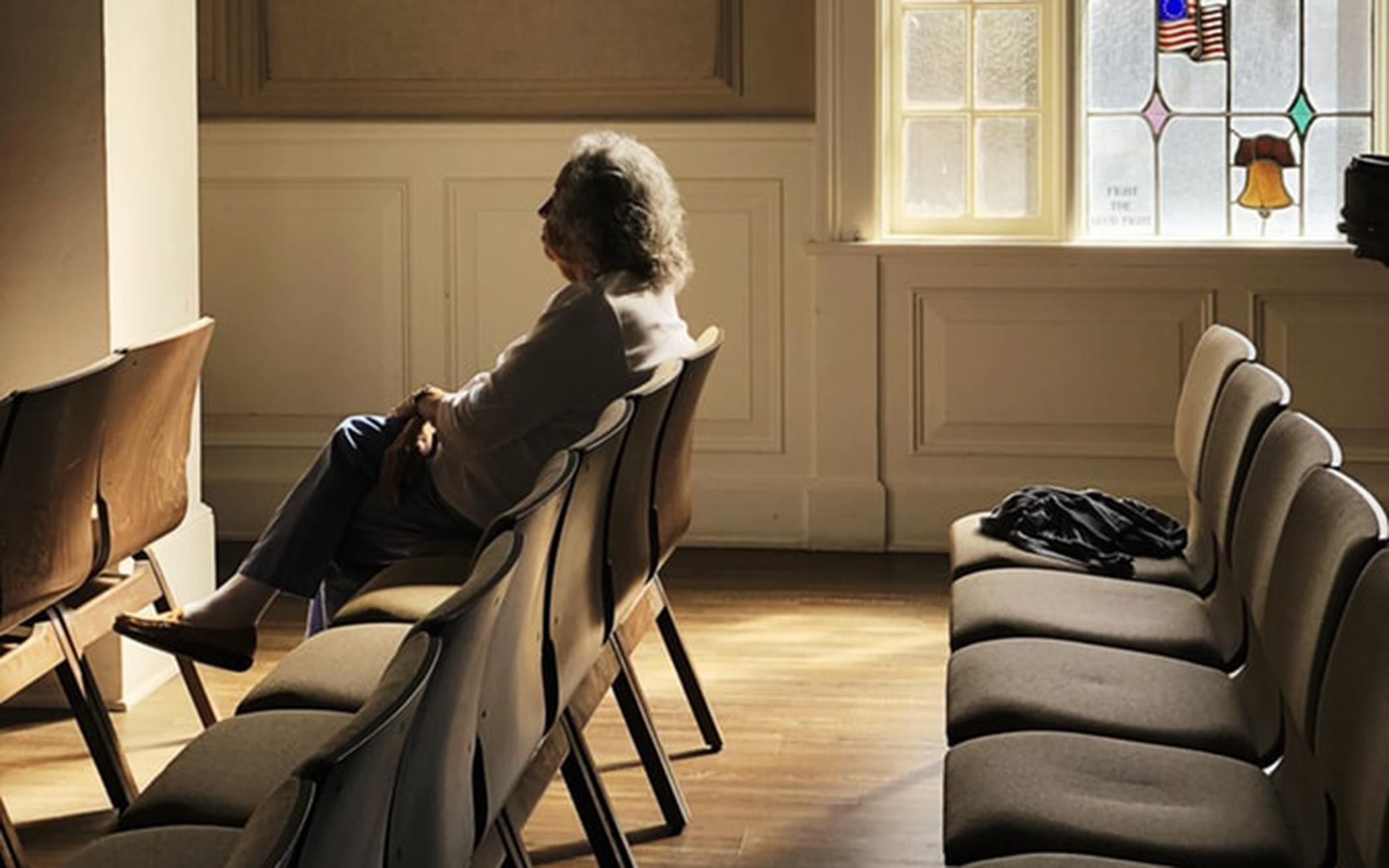The United States is steadily becoming less Christian and the number of people with no religion is rising.
Those are the twin headlines from the latest Pew Research report released Oct. 17, which shows a dramatic decline in American religious habits over the course of a decade.
The report, an aggregation of yearly political surveys that ask about religion, shows rapid changes in generational attitudes toward religion.
It finds that two-thirds (65%) of Americans describe themselves as Christians, down from 77% in 2009. It also shows that the number of Americans who say they have no religion—sometimes called nones—has risen to 26%, up from 17% a decade ago.
“The rate at which Christians are declining is very striking,” said Greg Smith, associate director of research at Pew. “And the share of Americans who have no religion is growing very rapidly, which is just as striking.”
Protestants now make up less than half of all U.S. adults—or 43% (down from 51% a decade ago) and Catholics make up 20% (down from 23% in 2009).
Those figures are reflected in attendance at religious services as well. For the first time, more Americans say they attend religious services a few times a year or less (54%) than those who attend at least once a month (45%). The study notes that while overall church attendance is down, 62% of Christians say they attend services once a month or more—about the same as a decade ago.
“It’s quite shocking,” said Scott Thumma, a sociologist of religion at Hartford Seminary. “This rapid shift is about generational replacement. The most religious folks are the ones who are dying and the least religious folks are the ones coming in.”
To put it most graphically, 84% of the Silent Generation (born between 1928 and 1945) identify as Christian, compared with 49% of the millennial generation (born between 1981 and 1996).
Thumma pointed to a number of cultural reasons that may be speeding up the generational shift, including less social pressure to go to church; clergy sexual abuse scandals, especially in the Catholic Church; and shifting attitudes toward sexuality and gender that clash with traditional Christian teachings.
Related from The Banner archives: Where Did Our Young Adults Go? (August, 2007)
The 2019 Pew report also showed a slower decline among black and Hispanic Americans. Both groups are more likely to describe themselves as Christians and to attend religious services. Among African-Americans, 58% say they attend church more than once a month (compared to 42% of whites) and 51% of Hispanics said the same.
Other trends documented in the survey:
- Catholics are no longer a majority of the U.S. Hispanic population. Only 47% of Hispanics identify as Catholic, down from 57% a decade ago. And more Hispanics (than before) are religiously unaffiliated—about 23%.
- Women are still more religious than men, but less so. The share of women with no religion has risen by 10 percentage points, similar to the increase among men.
- Nones make up one-third of Democrats. But they are growing in Republican circles as well. About 16% of Republicans identify as nones, up from 10% in 2009.
- White evangelicals are declining and now constitute about 16% of the U.S. population, down from 19% a decade ago.
The report is based on annual political surveys taken over the phone with a sample size of 12,000 to 25,000 people each. The margin of error for the full sample was between 0.7 and 1 percentage point.
The Banner has a subscription to Religion News Service and occasionally re-publishes articles of wide Christian interest, according to the license. This article has been edited for length. The original story can be found here.
About the Author
Religion News Service is an independent, nonprofit and award-winning source of global news on religion, spirituality, culture and ethics.

